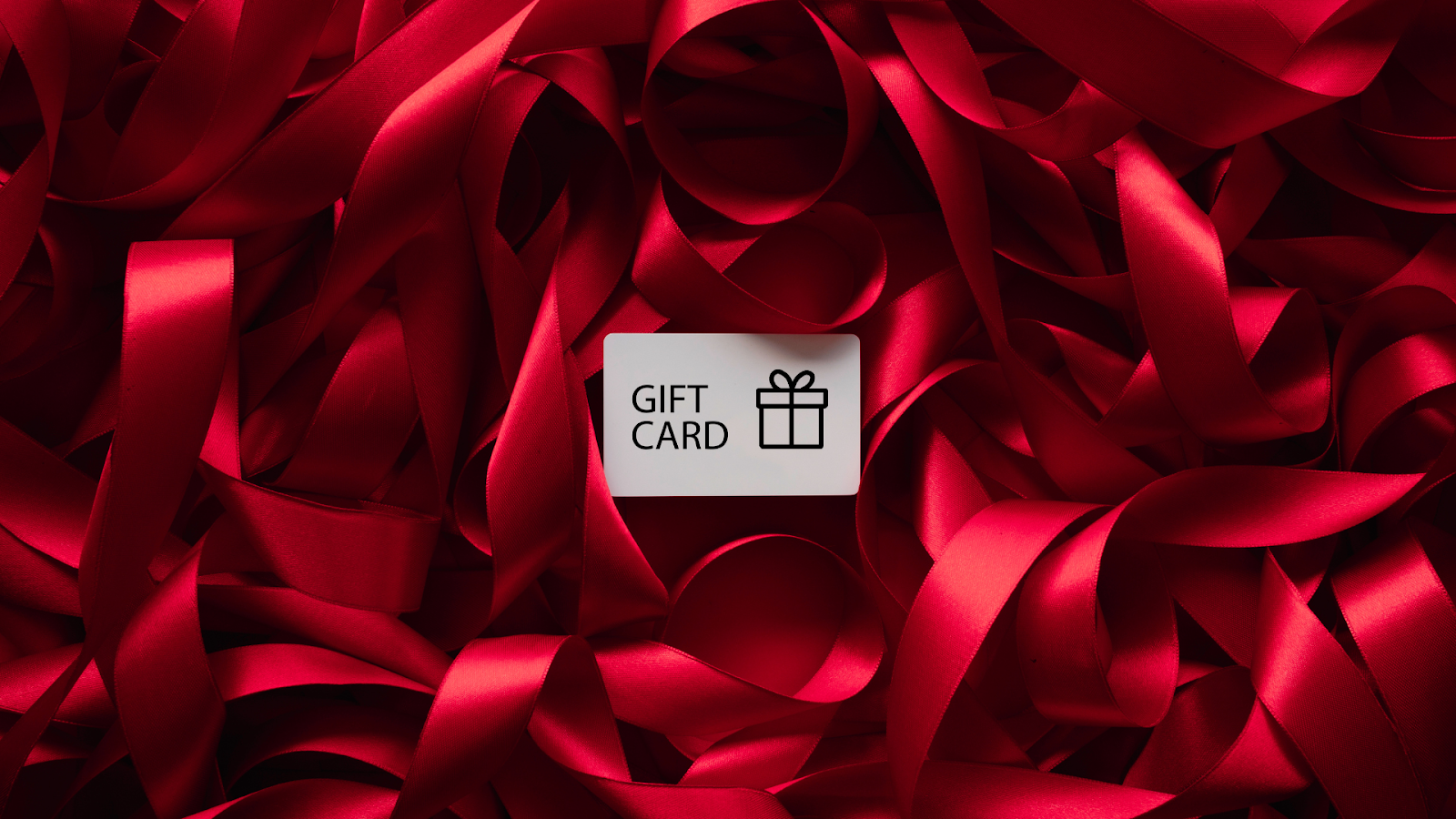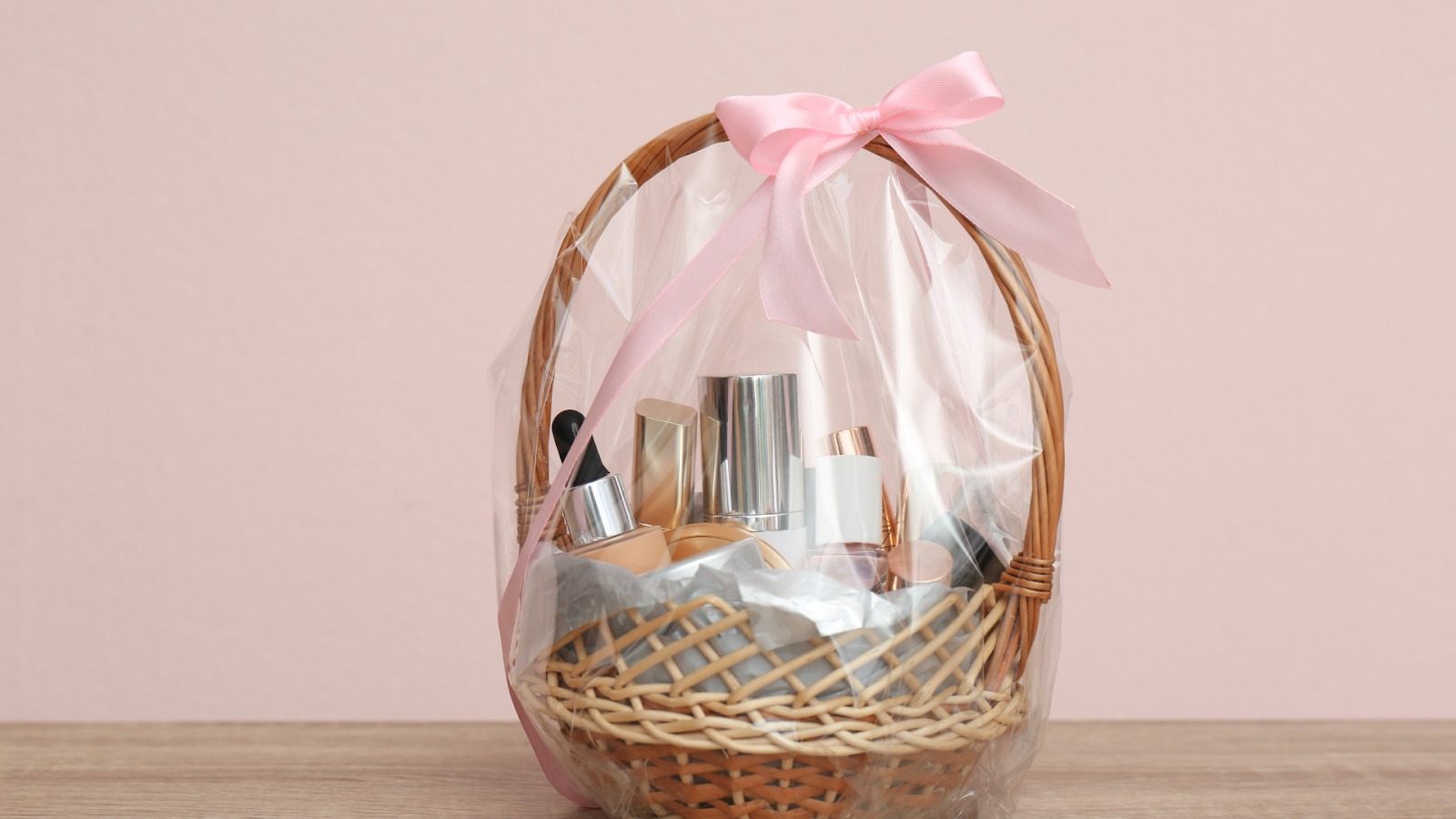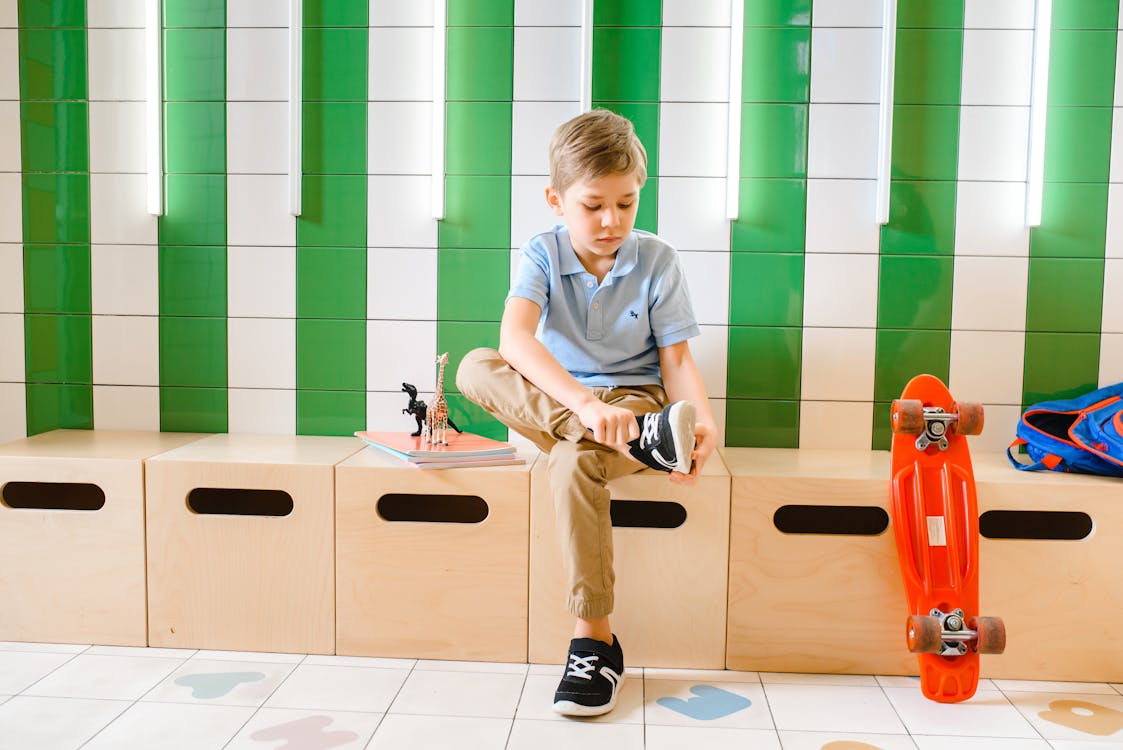Busy lives leave little room for sprawling hobbies. The trick is not to chase more time or money, it is to design leisure that fits the day you actually have. With a few simple habits you can create short, satisfying sessions that feel premium without the premium bill. Think bite size plans, light checklists, and small budgets that make decisions easier.
Why tiny budgets improve choices
Constraints sharpen focus. When you give yourself a modest spend for fun you sift out noise faster and pick activities that truly suit your mood. This is how people plan better dinners, smarter workouts, and calmer screen time. A small budget lets you sample, learn, and repeat what works while skipping what does not.
Try this three step frame:
Set a clear ceiling for the session or weekend
Pick one outcome you want, relax, learn, or socialise
Choose an activity that delivers that outcome in under an hour
You will finish more often which feels better than half starting five things.
The five minute rule for screens
Short sessions work best when the first five minutes are smooth. Build a simple runway so starting never feels heavy.
Make the start easy:
Keep a shortlist of go to activities on your phone
Use apps that resume where you left off
Avoid long sign ups before the fun begins
Stop a session cleanly with a tiny recap so it feels complete
Small wins early create momentum which is a better driver of habit than guilt or FOMO.
Micro budgets for digital entertainment
Low commitment formats help adults keep leisure intentional. Many people prefer brief sessions with modest spends so fun stays in balance with the rest of life. Round up a few trusted directories and shortlists that make choices readable at a glance. If you want a simple way to structure a quick session in iGaming, curated comparisons of online pokies in Australia for minimum deposit $10 show options aligned to smaller deposits which can make expectations clearer and decisions calmer.
Design your own “snackable” playbook
Great leisure feels welcoming. You can copy the patterns that make casual hits sticky without turning fun into a project plan.
Focus on:
Fast start
Choose activities with instant input and clear goals
Readable progress
Use timers, streaks, or checklists that show movement in minutes
Gentle retries
Pick formats that let you pause and return without losing your place
One next step
End with a single choice, repeat, level up, or call it done
These cues keep attention where it belongs, on enjoyment rather than menus and settings.
A four week low cost rhythm
Structure takes pressure off. Use this light monthly cadence to keep variety without chasing novelty for its own sake.
Week 1, Sample
Try one new short activity that fits a 20 minute window. Write a single sentence about what you liked.
Week 2, Repeat
Do the same activity again. Notice if it feels easier or more enjoyable the second time.
Week 3, Swap
Replace one element to refresh the experience. New playlist, new location, or a different difficulty.
Week 4, Share
Invite a friend or family member for a short session. Social energy makes simple things feel special.
You will build a toolbox of quick wins that always fit between obligations.
Spending cues that protect the vibe
Money should be a backdrop not the star. A few rules keep it that way.
Decide the budget before you start
Prefer options with clear labels and no surprise add ons
Treat upgrades as occasional treats not defaults
End when the time box finishes even if you feel you could continue
Consistency beats intensity because it leaves you fresher for tomorrow.
When to go bigger
Small budgets are great for discovery. Save larger spends for when you know the fit is right. A day workshop you have wanted for months, a special meal with friends, or a seasonal event you will remember. Plan those on purpose so they feel like highlights, not impulses.
The calm close
Premium is a feeling, not a price tag. Give yourself short windows, small budgets, and clear outcomes. Pick formats that start fast, show progress, and end cleanly. With a few practical habits you will enjoy more of what you try and carry less guilt about the rest. That is how leisure becomes a source of energy rather than another item on the to do list.




Want to add a comment?